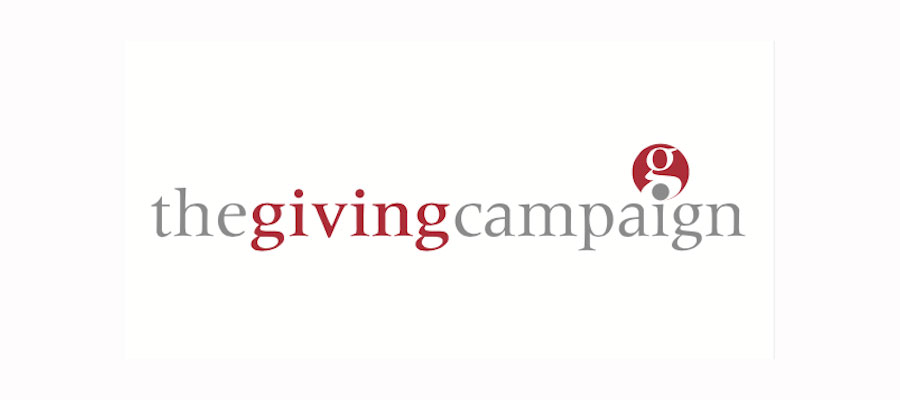Sightsavers Sunday – eyes have they, but they see not
Sightsavers International, one of the UK’s leading blindness charities, is asking churches across the country to mark World Sight Day with a special Sunday service on 15 October.
World Sight Day, which this year takes place on 12 October, is held annually to highlight the fact that there are an estimated 37 million people who are blind in the world and that every five seconds a person goes blind. Incredibly, 75% of all blindness is preventable.
The vast majority of people who are blind or visually impaired live in the developing world and are often marginalised within their own communities, consequently making them at greater risk of social exclusion. Healthcare spending is notoriously low in many of the countries in which Sightsavers works – the average person in Liberia, for example, is allotted a mere £6 per year, compared to around £1200 in the UK.
This is the first time that Sightsavers has worked with churches to promote World Sight Day and according to Russell Richards, the organisation’s community groups manager:
Focusing on people in less well-off countries than our own is nothing new but Sightsavers Sunday will give churches and their parishioners an opportunity to discuss some of the wider issues around disability in the developing world, such as how being blind can lead to missing out on an education and subsequently a livelihood.
The beauty of our work is that it can be very cost-effective – for example it only costs 12 pence a year to protect somebody from a crippling disease like river blindness – so we hope that people don’t necessarily feel that they have to dig deep in order to make a real difference to the lives of people in some of the world’s most disadvantaged countries.â€
Six-year-old Ritu from Bangladesh is just one of millions whose life has been transformed by the work of Sightsavers and its local partners. Born with cataracts in both eyes, she was identified during a mass screening of children as part of the charity’s Bangladesh Childhood Cataract Campaign which aims to track down every child in the country who is needlessly blind due to cataract by the year 2009.
She was taken to a local eye hospital for surgery. Luckily she was found just in time. If she had been identified much later, it would have been too late as after a certain age the brain can no longer ‘learn’ to see. As a result, Ritu can now attend her school and is able to lead a fully independent life. Getting her sight back really was nothing short of a miracle. It costs just £27 to perform a simple 20-minute cataract operation and restore a child’s vision.
Details of how churches can take part in Sightsavers Sunday and a themed pack giving suggestions for appropriate songs, readings and activities can be obtained by contacting Russell Richards on 01275 349881 or rr*******@*********rs.org
Donations to support Sightsavers’ work to combat blindness and secure equal rights for people who are blind and visually impaired in the developing world can be made using the 24-hour donation line (0800 089 2020) or via www.sightsavers.org
Ends
For further press information, photographs of Sightsavers’ work including photographs of Ritu or to talk to a spokesperson, please contact Russell Richards on 01275 349881 or rr*******@*********rs.org, mobile number 07850 798950.
Notes to editors:
1. Sightsavers International is a registered UK charity (number 207544) that works in more than 30 developing countries to prevent blindness, restore sight and improve life for those who will never see.
2. Since 1950, Sightsavers has restored sight to 5.65 million people and treated more than 100 million more.
3. This year’s World Sight Day, now in its 9th year, takes place on 12 October 2006.



